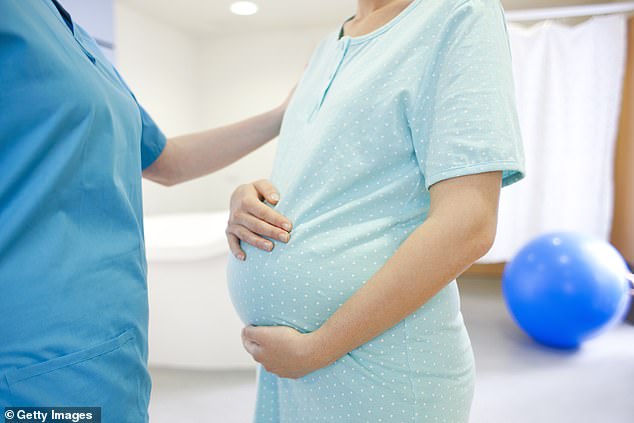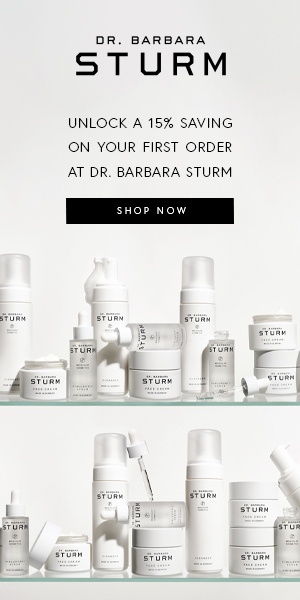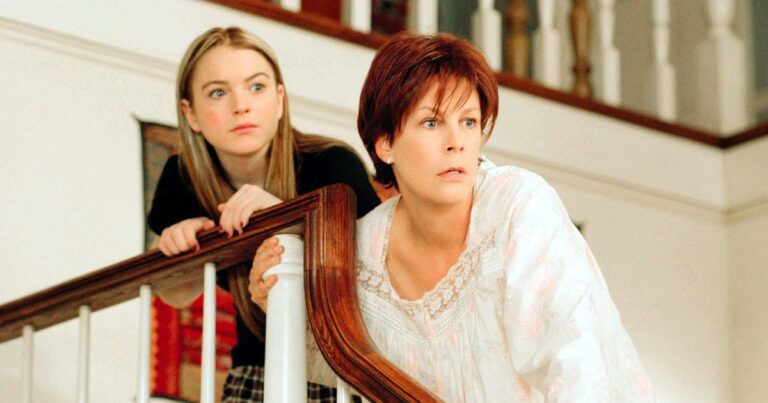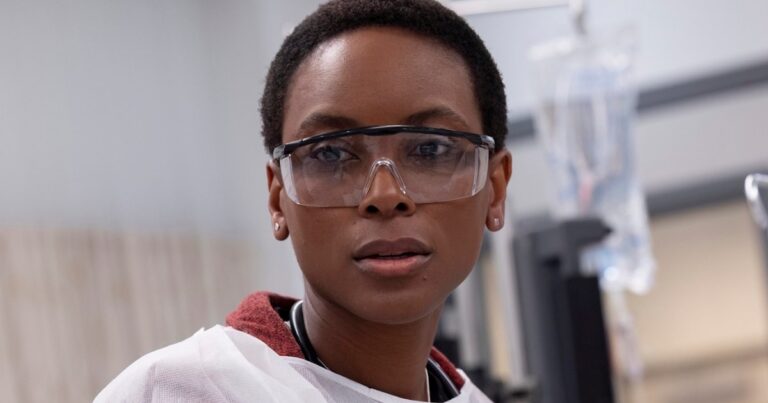A mom has revealed a little-known side effect of giving birth – declaring all new mothers should be taught about it in the hospital.
Mom-of-three Gabi Mika was stunned to find that the pain isn’t over after having a baby – recalling the agony she experienced when urinating for the first time.
‘What no one tells you about postpartum,’ Gabi wrote on the TikTokvideo,which was taken a day after giving birth.
Commenting on her protruding stomach, the mom noted it still looked like she was pregnant – but assured viewers ‘there’s nothing in there anymore.’
‘What people don’t know is the effort in what you have to do after you go pee right after you give birth,’ she explained.
Noting it was a ‘long process’ due to the preparation, Gabi showed viewers what goes into her post-urination care.
‘First you get the pad ready,’ she explained, before reaching for an ice pack to help ease the swelling.
She then brought out a supply of witch-hazel pads – which she described as cooling pads – that she carefully placed over the top of the ice pack.

A mom has revealed a little-known side effect of giving birth – declaring all new mothers should be taught about it in the hospital (stock image)
But Gabi was not done there as she then squirted witch-hazel foam over the top of the pads themselves.
She said that after going to the bathroom, she sprays herself with ‘numbing, cooling’ spray, before attaching her pad to disposable underwear.
‘If you need to go pee postpartum, it’s a long process and something I didn’t know before I started having kids,’ she shared.
In the caption, Gabi wrote: ‘Six months since this wild ride. I had no idea what I was getting into the first time around or how much of a process it was just to get up and go to the bathroom.’
And dozens of viewers flooded to the comments to share their own worries and experiences.
‘My goodness. Will they walk me through it after I have the baby? Cause I know you just did but now I’m nervous!’ one user wrote.
‘I’m not even scared about the labor but the aftercare? Someone give it to me straight, how long do we have to wear these? Is it a couple of days? Weeks? Like how long will I be swollen and sore and will need to use the bottle on the toilet? Can someone just give me a rundown? I’m genuinely freaking out,’ one follower frantically asked.
‘I’m more scared for the postpartum after care than the actual birth,’ a scared user chimed in.

Mom-of-three Gabi Mika was stunned to find that the pain isn’t over after having a baby – recalling the agony she experienced when urinating for the first time (stock image)
OB/GYNDr. David Ghozlandtold the Royale that a whopping 60 percent of new mothers he sees have problems with pain, burning or they cannot urinate at all after delivery.
‘The simple procedure is transformed into a kind of ordeal through swelling, stitches, and temporary nerve problems,’ he explained. ‘This is exacerbated by epidurals and long labors so that women are sometimes shocked to learn at the end of it all how much power they have surrendered.’
Dr. Ghozland added he gives his patients a peri bottle (a bottle designed to gently cleanse of the perineal area, the area between the genitals and the anus) after childbirth or surgery and taught how to use warm water each and every time after urination.
‘This is a simple measure that relieves most people instantly and prevents infection,’ he shared.
According to Pregnancy Birth and Baby, around one in three females experience urinary incontinence after having a baby.
‘After giving birth, you might leak urine when you laugh, cough, sneeze, lift something or exercise,’ the site shared.
They explained that pregnancy hormones, the weight of your uterus and having a vaginal birth can all stretch the pelvic floor muscles that support your bladder.
‘Doing pelvic floor exercises every day during pregnancy and after birth can help prevent and treat urinary incontinence,’ it stated.
‘If lifestyle changes and pelvic floor exercises don’t help, surgery may be an option.’









